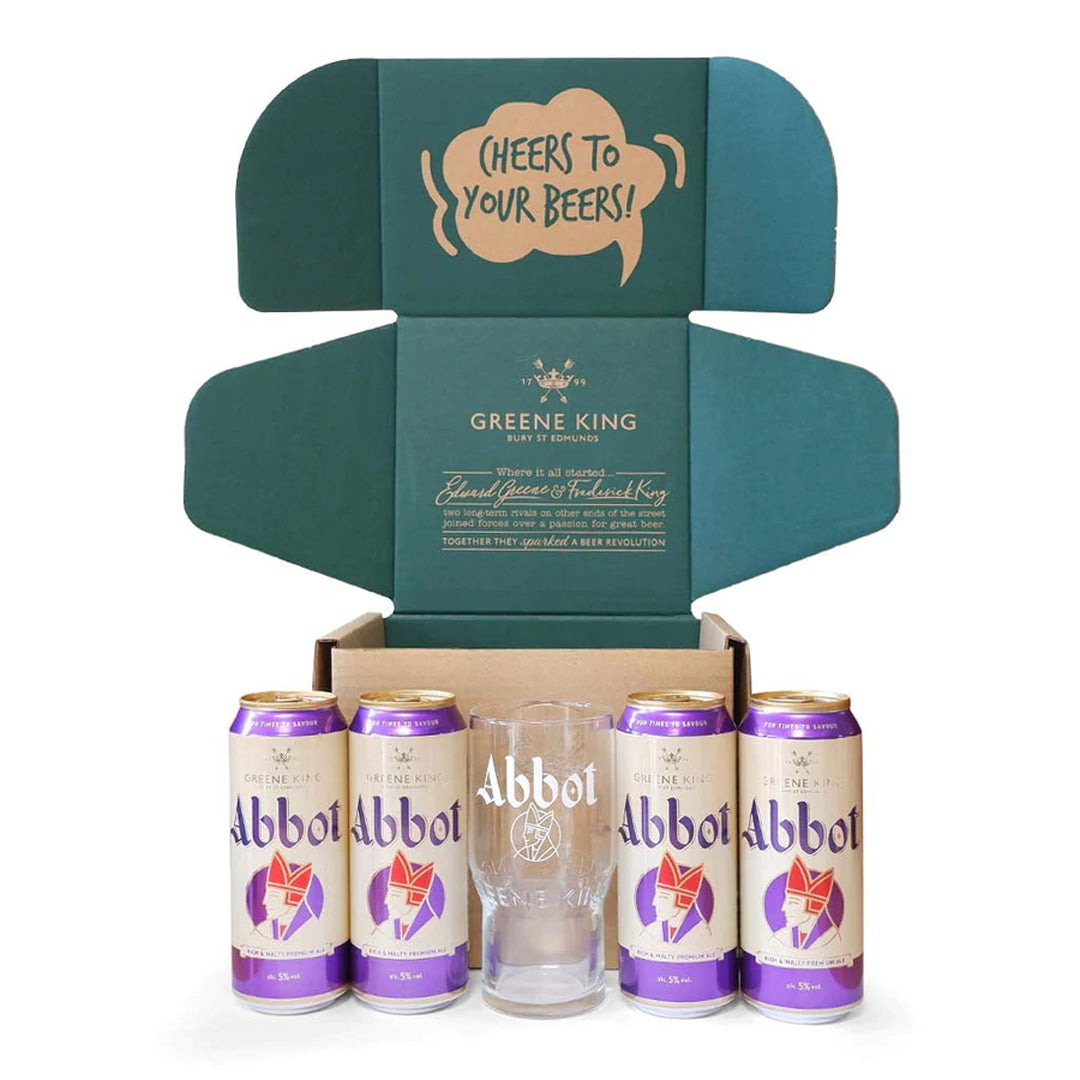To every beer-drinker, the taste of their favourite tipple can vary depending on how they wish to drink it. If we were to forget about the different textures of glass and aluminium, every set of tastebuds would swear that there’s something ‘that just tastes different’. In this article, we take a deep dive into the world of drinking vessels and if there’s any truth behind our beloved beer beliefs.
How cans and bottles affect the taste of beer
With the explosion of craft beer in the market, cans seem to have come back into vogue in recent years. Besides offering greater real estate for bigger, bolder, and brighter designs than previously imagined, there may actually be some science behind the switch from ye-olde trusty bottle.
Sunlight & Oxidation
In your lifetime you may have opened a bottle of beer and been greeted with an almost musty smell. The bottle’s still in date. The lid wasn't loose. So why is this? This so-called ‘skunkiness’ is a result of allowing your beer to be exposed to ultraviolet light leading to oxidation. Whilst this effect can be reduced by using brown or amber bottles, aluminium reigns supreme by preventing all light from tampering with your tipple. Preventing your nostrils from being caught off guard.
Does beer last longer in bottles or cans?
How process affects your pint
As expected, canning and bottling beer have their own slight variations that can tinker with what you’re tasting. Unlike the bottling process, canning ensures that the beer is completely sealed within its shiny shell. Bottle lids are prone to letting small amounts of air into the bottle over time which can slowly spoil your beer. This might not be a problem for your run-of-the-mill lager but it can be devastating for others.

Pasteurised vs unpasteurised beer
The rise of craft beer has seen brands engage in conversations that the average beer drinker was previously unaware of. Within this is the pasteurised vs unpasteurised debate. The difference between the two is simple. But to some, it makes all the difference. Pasteurised beer is exposed to high temperatures to kill bacteria and prevent yeast from growing once packaged. Many beer connoisseurs claim that this process kills some of the flavours within the beer at the expense of shelf life.
Even if unpasteurised beer is refrigerated from production to consumption, this type of beer can lose its fresh taste in as little as 45 days. All of a sudden, that perfect seal on cans seems much more significant.
For the best guidance on how to keep your beer for longer, we’ve compiled our top tips in our ‘How Long Does Beer Last?’ article.
Pouring your beer vs drinking from the bottle or can
Is beer purely taste-driven?
It’s Friday night. You’ve just finished work and are ready for the weekend. There’s no time to waste pouring. You grab your favourite beer and start sipping away. But did you know that by skipping this one step you’re stealing away from one of your senses?
If you’re a self-proclaimed beer nerd you might’ve heard people say how a beer smells ‘on the nose’. It’s a term often used to describe the aroma given off by beer. Although we mainly think of beer as a taste-exclusive experience, our sense of smell can actually influence the way that we perceive our taste.

The science of aroma
When poured into a glass, you’re not only looking like the classiest member in town. You’re also activating the carbonation inside the beer. This is what causes the bubbles below that dreamy head on top. With each burst bubble, more aroma is released, allowing you to enhance your overall sipping experience. Next time you crack open a cold one, try taking 30 seconds to pour it into a glass and see if you notice the difference.
We suggest taking one of our Can & Glass Packs for a test drive (for purely scientific reasons, of course):
Are different beers more suited to bottles?
Sometimes it’s impossible to beat the temptation of sipping straight from the source. If a glass seems too tedious or you’re on the move, do you need to adjust your drinking method depending on the beer?
Unless you’re drinking specific kinds of beer that need oxygen to ferment in the bottle such as traditional Belgian ales, the answer is no. For any other kind of beer, the contents are still the same and should taste the same.
The verdict
We appreciate that you may have never considered your brain to be so frazzled over how to drink your beer. At Greene King we like to inform our drinkers at every chance possible. And although we know that some will still claim that cans or bottles are superior, we like to think that we’ve given you good food (or drink) for thought. The only thing we ask is that when picking out your next beer, make it one of ours for good measure.
Why not start with our Beer & Glass Packs?
